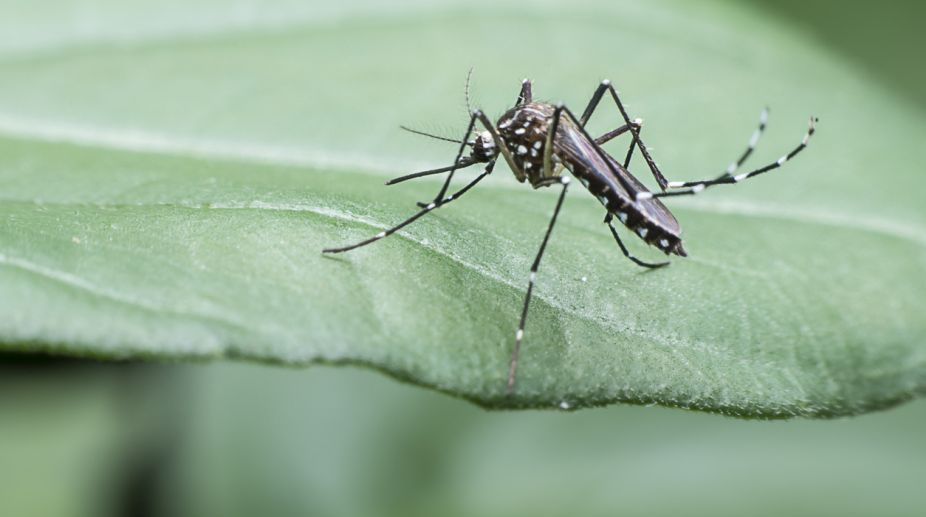Arkansas reports first locally acquired malaria case
This is the only known locally acquired case of malaria in Arkansas, Xinhua news agency reported.

Representational Image (Photo: Getty)
In a first, a malaria therapy made only from the dried leaves of an Asian plant has successfully cured 18 critically ill patients who did not respond to standard treatments, scientists say.
The findings suggest that the not-yet-approved treatment may help fight the growing problem of drug-resistant malaria.
The attending physician in clinic in the Democratic Republic of Congo prescribed the malaria therapy made from the dried leaves of the Artemisia annua plant, also known as sweet wormwood, when standard medications failed to help 18 critically ill malaria patients.
In just five days, the patients fully recovered. This small but “stunningly successful” trial offers hope to address the growing problem of drug-resistant malaria, according to the researchers from the Worcester Polytechnic Institute (WPI) in the US.
Advertisement
“To our knowledge, this is the first report of dried-leaf Artemisia annua controlling ACT-resistant malaria in humans,” they said.
The patients in the Democratic Republic of Congo showed symptoms of malaria and were originally treated with the recommended medication – artemisinin-based combination therapy (ACT), which blends artemisinin, a chemical extract from Artemisia annua, with one or more other drugs that attack the malaria parasite in different ways.
The 18 patients, ranging in age from 14 months to 60 years, did not respond to the standard ACT treatment, and all lapsed into severe malaria, defined by symptoms that can include loss of consciousness, respiratory distress, convulsions, and pulmonary edema.
One patient, a five-year-old child, became comatose. All were then treated with intravenously administered artesunate, the frontline medication for severe malaria, but again they showed no improvement.
As a last resort, doctors turned to dried-leaf Artemisia (DLA), a therapy developed and extensively studied by researchers at WPI.
After five days of treatment with tablets made from only the dried and powered leaves of Artemisia, all 18 patients fully recovered. Laboratory tests showed they had no parasites remaining in their blood.
“These 18 patients were dying. So to see 100 percent recover, even the child who had lapsed into a coma, was just amazing. It's a small study, but the results are powerful,” said “ said Pamela Weathers, professor at the WPI.
According to the World Health Organisation (WHO), more than 212 million people contracted malaria in 2015 and some 429,000 died, with young children and pregnant women being particularly vulnerable.
Caused by a mosquito-borne parasite, the illness is reported in nearly 100 countries and threatens nearly half of the world's population.
ACT, the current recommended therapy, is expensive to produce and is in short supply in areas hit hardest by the disease.
In addition, while the combination therapy is designed to be less prone to the drug resistance that has rendered previous antimalarial agents ineffective, increasingly the malaria parasite is showing signs of resistance to ACT, particularly in Southeast Asia.
The research was published in the journal Phytomedicine
Advertisement